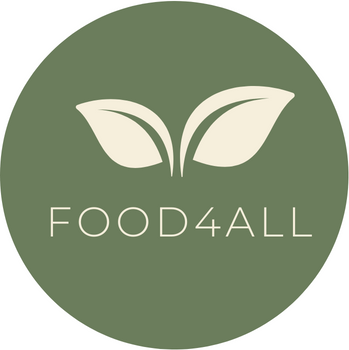In the current module the importance of food safety was addressed at all stages of supply chain. Giving a broaden importance of food safety and looking for reasons that could endanger this safety, we were led to the various types of food crisis (e.g. climate change, natural disasters, economic instability, pandemics) by which food safety outbreaks may arise. Most of them have as a common ground the disruptions to the food supply chain, affecting production, distribution, and access to food resources. Additionally, average global temperature increase, alterations in humidity, heavy rainfall patterns, high frequency of extreme weather events, all on a global scale, affects strongly farming practices, crop production and nutritional quality while their consequences to the foodborne illnesses cannot be ignored. On the other hand, new challenges presented in the field of securing food safety, reveals new career opportunities. Finally, by the end of this module, the consumers should also be aware of the fact that a shift to a sustainable food system is closely related to environmental, economic and social sustainability making no compromises for the future generations.
At this point, it is also crucial to mention the fact that in developed countries, new practices and policies have been implemented in order to fight food adulteration and food fraud, in view of the increasing factors that could lead to food safety outbreaks. On the other hand, the developing countries, in order to secure their food safety, need to find sources for surveillance programs, employee education, and application of novel technologies.
